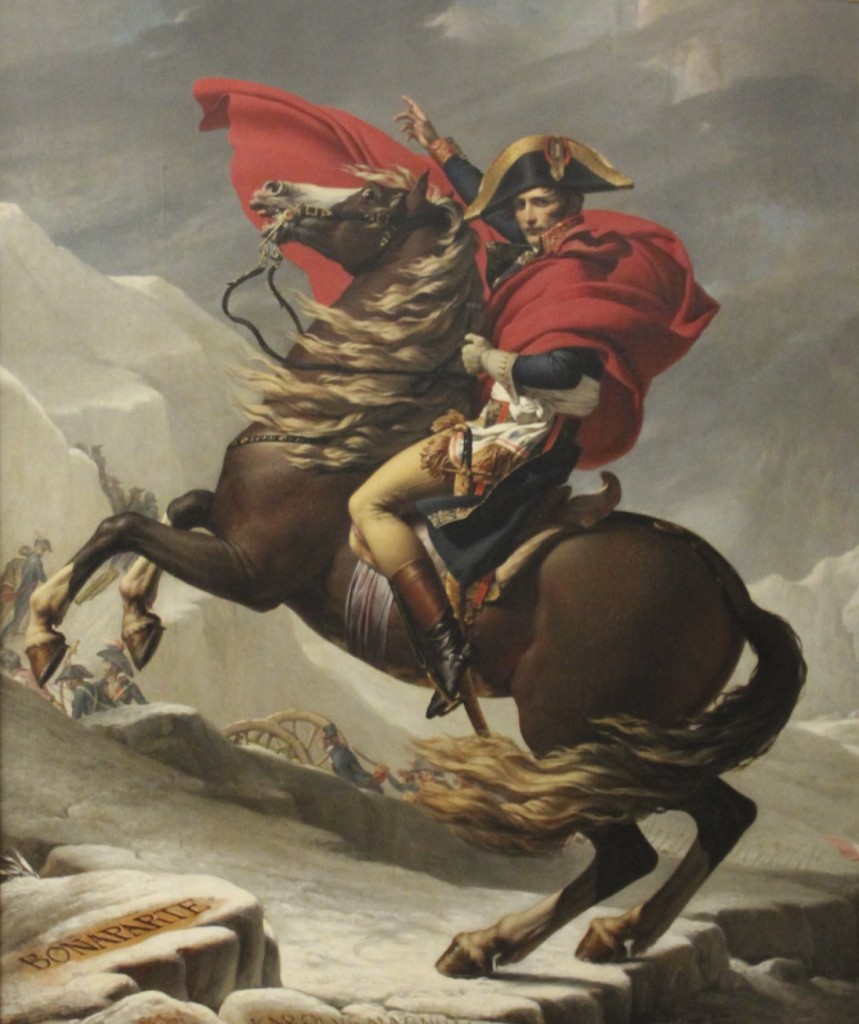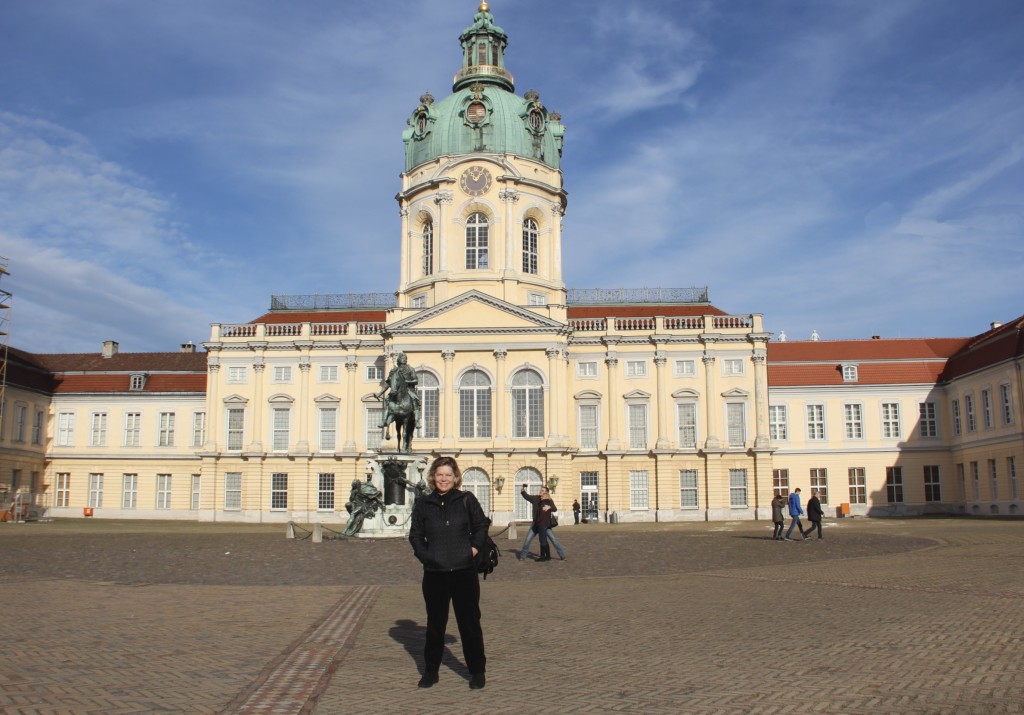
On October 27, 1806, Emperor Napoleon Bonaparte marched his Grande Armée into Berlin. He spent the night at the Charlottenburg Palace, home to the Prussian King Frederick William III and his queen, Louise. His hosts weren’t at home—following the Prussian army’s disastrous losses at Jena and Auderstädt, the monarchs had taken refuge in the eastern corner of their realm.
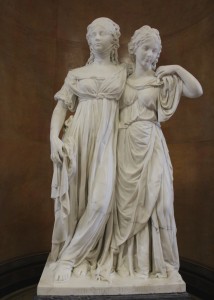 Napoleon Bonaparte is often blamed for every battle and every war of his time. In this case, he had spent the year negotiating for peace. Despite those diplomatic efforts, England and Russia were preparing new offensives against him. The Prussian king, egged on by his war-hungry wife, jumped the gun. Without waiting for his allies, he engaged the French army on his own.
Napoleon Bonaparte is often blamed for every battle and every war of his time. In this case, he had spent the year negotiating for peace. Despite those diplomatic efforts, England and Russia were preparing new offensives against him. The Prussian king, egged on by his war-hungry wife, jumped the gun. Without waiting for his allies, he engaged the French army on his own.
Queen Louise had been born in Hanover. She grew up the much admired, beautiful daughter of the Duke of Mecklenburg-Strelitz. Johann Gottfried Schadow, the same artist who made the Quadriga on the Brandenburg Gate, sculpted this lovely statue of her and her sister Frederica. The then-king of Prussia, Frederick William II, encouraged Louise’s marriage to his eldest son, while her sister married his younger son.
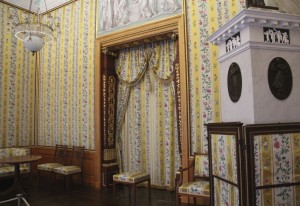 By all accounts, Frederick William III was an indecisive ruler with voracious personal appetites and little strength of character. Louise, however, was determined to destroy the “Monster Napoleon.” She gathered advisors into a war party and persuaded the king to act. She even accompanied her husband to the battlefront, dressed like an Amazon warrior.
By all accounts, Frederick William III was an indecisive ruler with voracious personal appetites and little strength of character. Louise, however, was determined to destroy the “Monster Napoleon.” She gathered advisors into a war party and persuaded the king to act. She even accompanied her husband to the battlefront, dressed like an Amazon warrior.
On October 14, in the separate battles of Jena and Auderstädt, the Prussians were soundly defeated. The Prussian king and queen fled, seeking protection from the Russian army. Emperor Napoleon, well aware of Queen Louise’s bluster against him, spent his night in Charlottenburg in her bedroom. She refused to ever sleep in that room again.
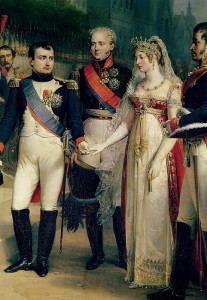 Napoleon and Louise didn’t come face-to-face until the following summer. After Napoleon defeated the Russian army at the Battle of Friedland, Queen Louise begged for a meeting with the Emperor. There she petitioned Napoleon to give Prussia generous treatment in the upcoming Treaty of Tilsit. Napoleon didn’t grant any concessions, but reportedly, he did say, she was “the only real man in Prussia.”
Napoleon and Louise didn’t come face-to-face until the following summer. After Napoleon defeated the Russian army at the Battle of Friedland, Queen Louise begged for a meeting with the Emperor. There she petitioned Napoleon to give Prussia generous treatment in the upcoming Treaty of Tilsit. Napoleon didn’t grant any concessions, but reportedly, he did say, she was “the only real man in Prussia.”
Queen Louise didn’t live long enough to enjoy the Prussians’ revenge. In 1814, at the time of Napoleon’s first abdication, the Prussian army overran the Emperor’s chateau at St. Cloud on the outskirts of Paris. Among other booty they took back to Berlin was one of the five original paintings of “Napoleon Crossing the Alps” by Jacques-Louis David. It continues to hang in the Charlottenburg Palace in Berlin where I photographed it.
